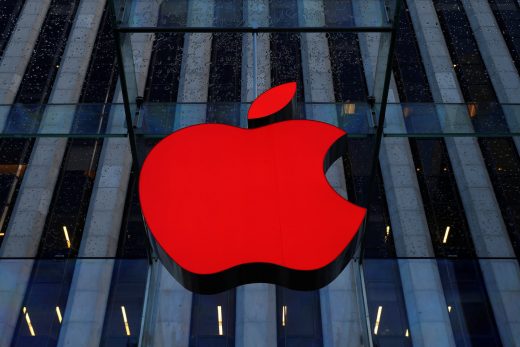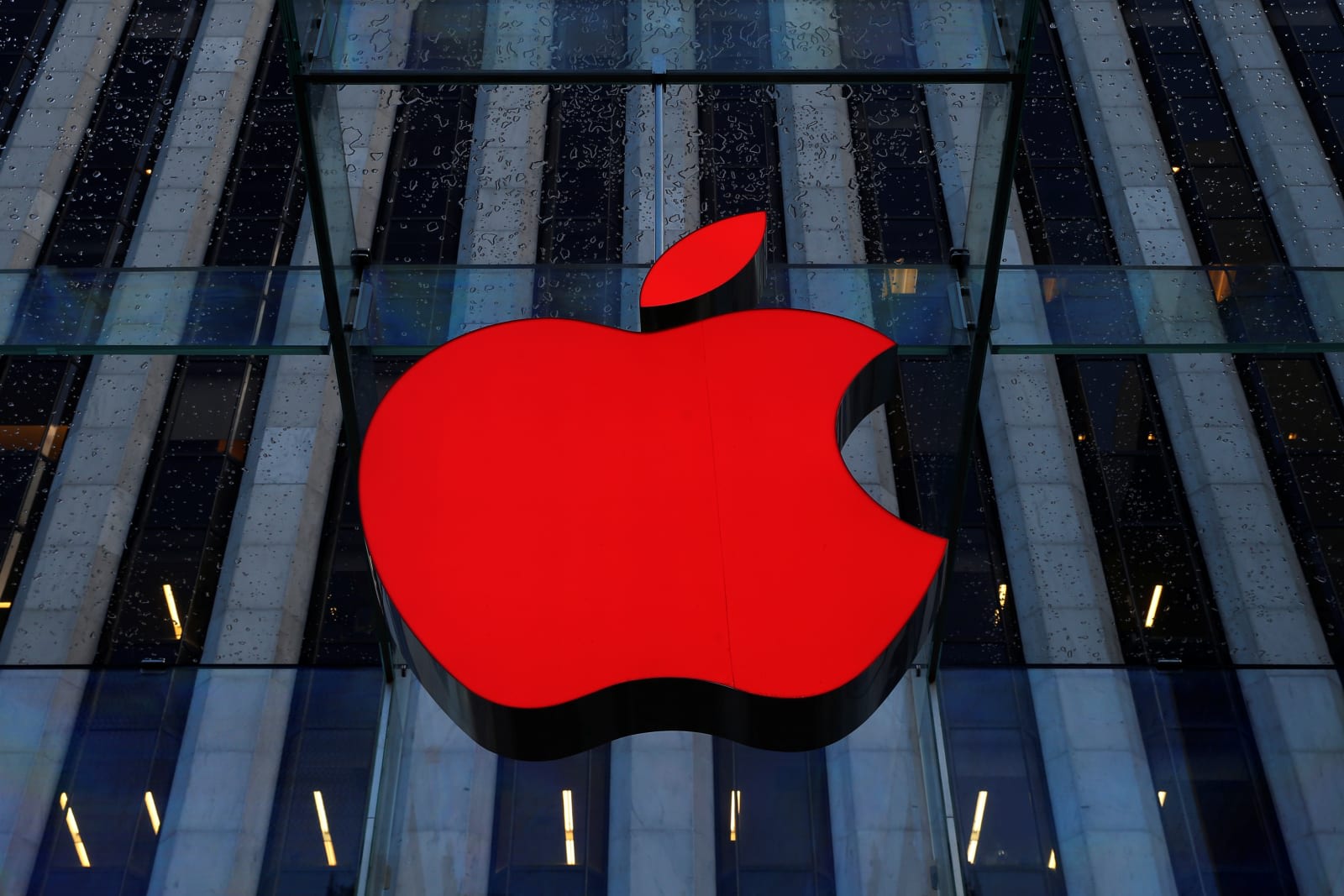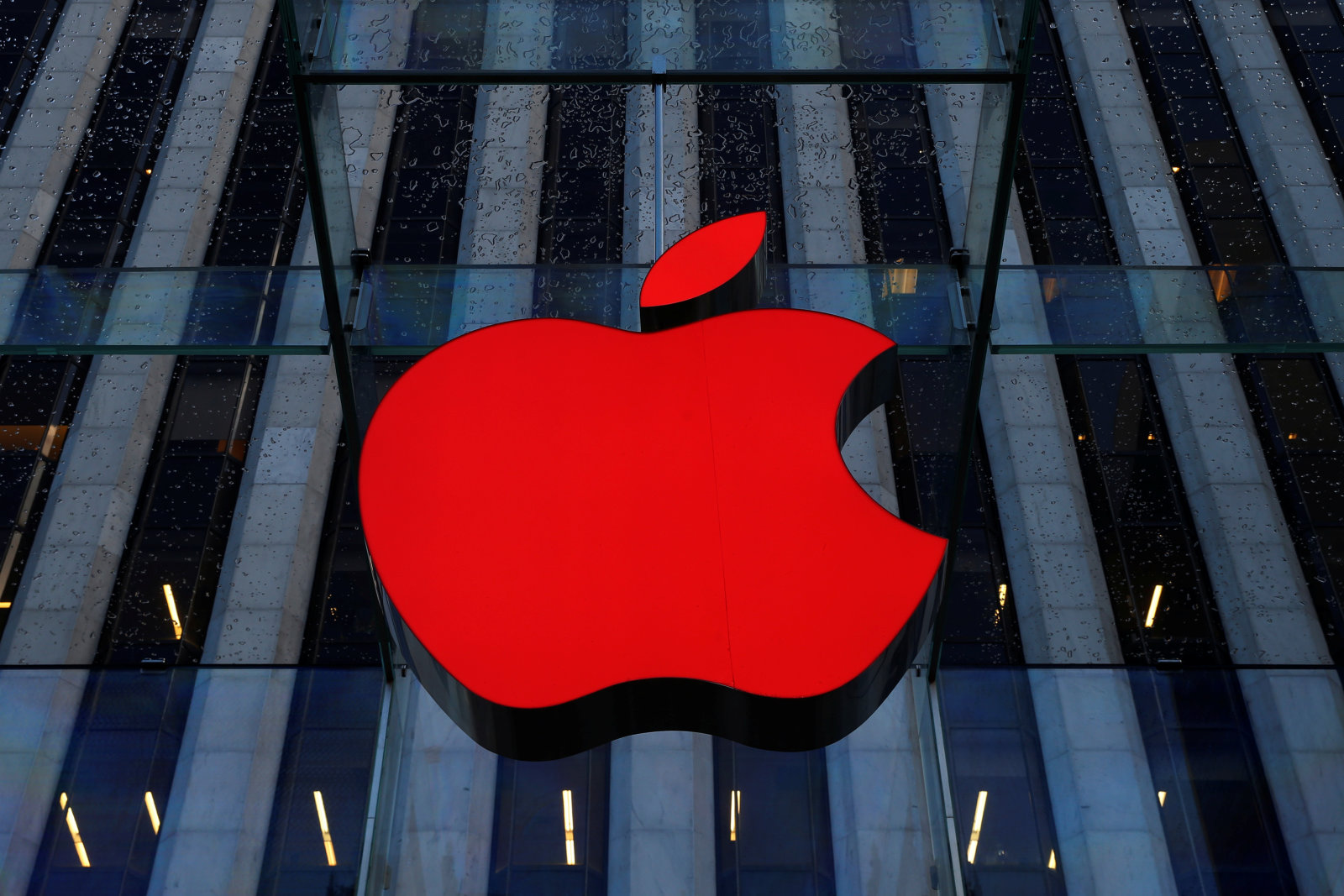Apple faces a price-fixing suit over App Store purchases
Apple is in court once again. This time, the company is part of an anti-trust lawsuit over the strict limitations over where users can buy iOS applications. Specifically, the requirement that all apps be purchased through the Cupertino company’s App Store. The suit alleges that by not allowing customers to buy apps from third-party services, Apple was price fixing and that customers could sue as a result, according to Bloomberg.
If this sounds familiar, it’s because this was originally filed back in 2011. Apple’s defense is that it isn’t directly selling software to consumers, but that its 30 percent cut of an app’s price amounts to renting space on its digital storefront, Reuters writes.
The US Appeals Court thinks otherwise. “Apple’s analogy is unconvincing,” it said. “In the case before us, third-party developers of iPhone apps do not have their own stores.”
Currently, the suit covers apps purchased from 2007 to 2013. Attorney Mark Rifkin says that while the case hasn’t hit class-action status yet he might expand the scope of it to anyone who’s bought iPhone apps to this day. All of which could cost Apple a boatload of cash; “hundreds of millions” of dollars in damages by Bloomberg‘s estimate.
Rifkin says that if the court sides with users that Apple should let people buy apps from anywhere they desire, a move that could lower the price on apps. However, that doesn’t take into account that third-party app stores (and folks with jail-broken iPhones) often have to contend with rafts of malware, or the risk of compromising their phones and security.
(33)





